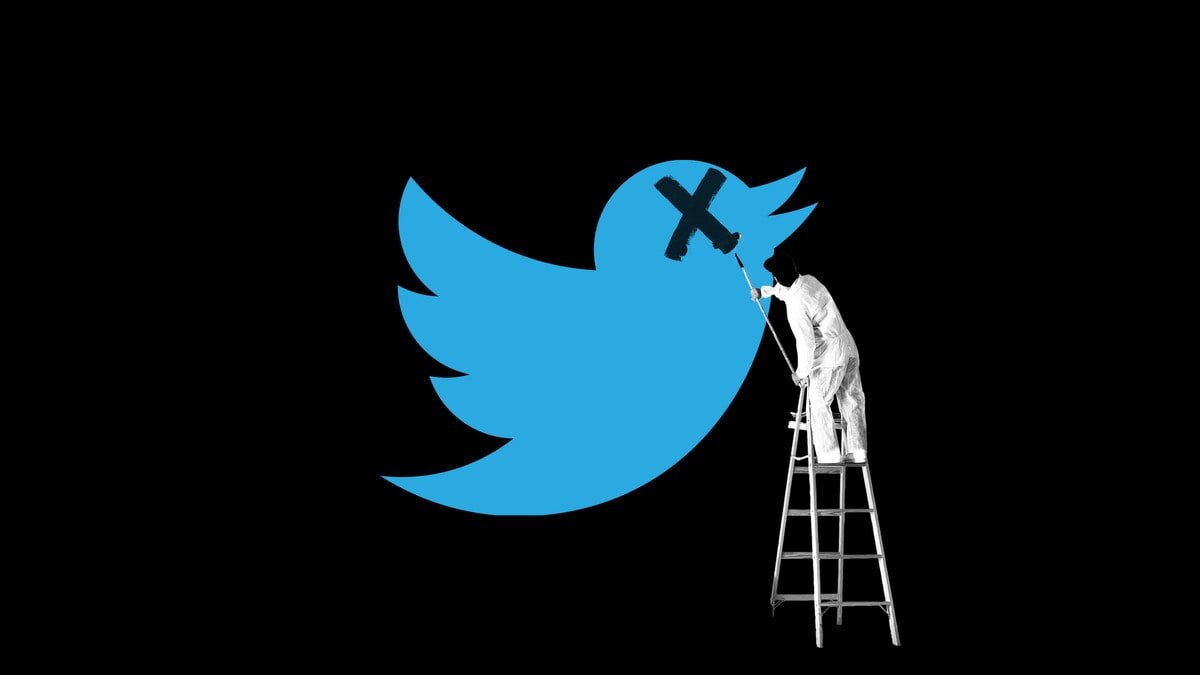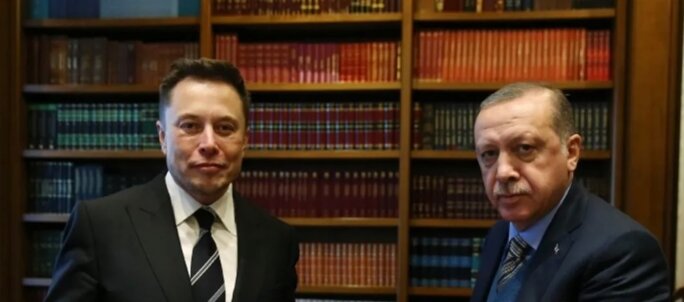Should we join the exodus from X or take some form of action? This question has nagged at me ever since I realized Elon Musk’s purchase of the platform was not just a business transaction but part of a calculated agenda—one seemingly designed to elevate Trump to power.
Twitter-turned-X has now become a billionaire’s toy, its usefulness as a mind-contaminating machine pushed to its limits.
While discussing this dilemma with colleagues in the U.K. and U.S., The Guardian took the lead, announcing it would no longer post on its editorial accounts.
“The U.S. presidential election campaign served only to underline what we have considered for a long time: that X is a toxic media platform and that its owner, Elon Musk, has been able to use its influence to shape political discourse,” the liberal daily declared.
“Can you ‘weaponize’ social media when social media is the weapon?” asked Carole Cadwalladr, who had long ago predicted the chaotic reality we face today.
“Remember the philosopher Marshall McLuhan and his famous adage, ‘The medium is the message’? Well, the medium now is Musk. The world’s richest man bought a global communication platform and is now the shadow head of state of what was once the world’s greatest superpower. That’s the message. Have you got it yet?”

Agrandissement : Illustration 1

Musk’s pattern is obvious. After helping secure a victory by opening the digital floodgates for fake accounts and propaganda, he now embodies a modern-day Goebbels. The Nazi propagandist dreamed of turning the entire German press into a single typewriter; Musk, though far less literate, seeks to shape an Orwellian world through his absolute control of X.
This aligns perfectly with Steve Bannon’s infamous strategy: “The real opposition is the media. And the way to deal with them is to flood the zone with shit.”
Jonathan Rauch, author of "The Constitution of Knowledge: A Defense of Truth", explained:
“This is not about persuasion; this is about disorientation. Think of Twitter as a mini-model of the civil wars and creed conflicts—like the horrific European wars of religion in the 1500s and 1600s—that humanity basically lived with as its standard operating system until about 1700.”
Jill Lepore captured the essence of this dystopia in The New Yorker: “X is the technocrats’ dream deferred, a way to engineer society, the economy, and politics. Extreme capitalism—Muskism—as the answer to existential risk. With any luck, it will be a disaster.”

Agrandissement : Illustration 2

Alarm bells began ringing for me when Musk, after acquiring the platform, reinstated the accounts of racists, neo-Nazis, misogynists, liars and enemies of democracy, exposing us to further harassment. His cooperation with autocracies has also escalated.
Recently, critical Turkish journalists were banned from X’s domain in Turkey at the request of Ankara authorities.
Such moves are likely to increase.
Following The Guardian, Spain’s respected La Vanguardia joined the exodus. (NPR and PBS left the platform last spring after being labeled “state-sponsored media” by X.) It seems only a matter of time before responsible segments of the French and other European media follow suit.
After the alt-right’s victory in the U.S., prominent figures like Stephen King, Mark Ruffalo, Barbra Streisand and Jamie Lee Curtis left X. Among my colleagues, a movement (#TwitterExodus or #eXodus) is forming to migrate to alternatives like Bluesky or Threads.
So, the question is not if but when and how to leave.
Perhaps the best course is to leave X altogether. Around one million users did so after the U.S. elections, migrating to platforms like Bluesky. Others suggest going “passive,” in line with The Guardian’s strategy. A few still argue for staying and fighting “from within.”
Regardless of the approach, Musk has turned X into a propaganda machine, further blurring the line between fact and fiction while targeting legacy media. Action seems both inevitable and urgent.
I recently ended my paid premium subscription with X and explained my reasons publicly. With around 126,000 followers who frequently interact with my posts, I’m mindful of the archive I’ve accumulated over 14 years. For these reasons, while gradually migrating to Bluesky, I plan to keep my X account as a passive one—posting only links to my articles or content critical of Musk and his methods.
Bannon was right: the media landscape is the prime battlefield of this dark era. As winter comes, Pete Seeger’s words demand to be sung: “Whose side are you on?”
For journalists raised with the ideals of impartiality and ethical responsibility, the new era forces us to confront uncomfortable truths. Impartiality is eroding in the face of wealth-driven arrogance and thuggery. Professional honesty demands that we eventually decide whose side we’re on.
Surely not the side of tech bros, who have no understanding of journalism’s social role in safeguarding free speech and civilization. Their version of “free speech” creates a “hate speech chamber,” dividing, polarizing, and thriving on hatred.
“These bros know,” Cadwalladr wrote. “They don’t fear journalists anymore. Journalists will now learn to fear them. This is oligarchy—a fusion of state and commercial power in the hands of a ruling elite. It’s no coincidence that Musk parrots Kremlin talking points and chats with Putin. The chaos of 1990s Russia is the template: billions will be made, people will die, crimes will be committed.”
“Our challenge is to realize that the first cycle of disruption is complete. We’re through the looking glass. We’re all wading through the information sewers. Trump is a bacillus, but the problem is the pipes. We can and must fix this.”

Agrandissement : Illustration 3




